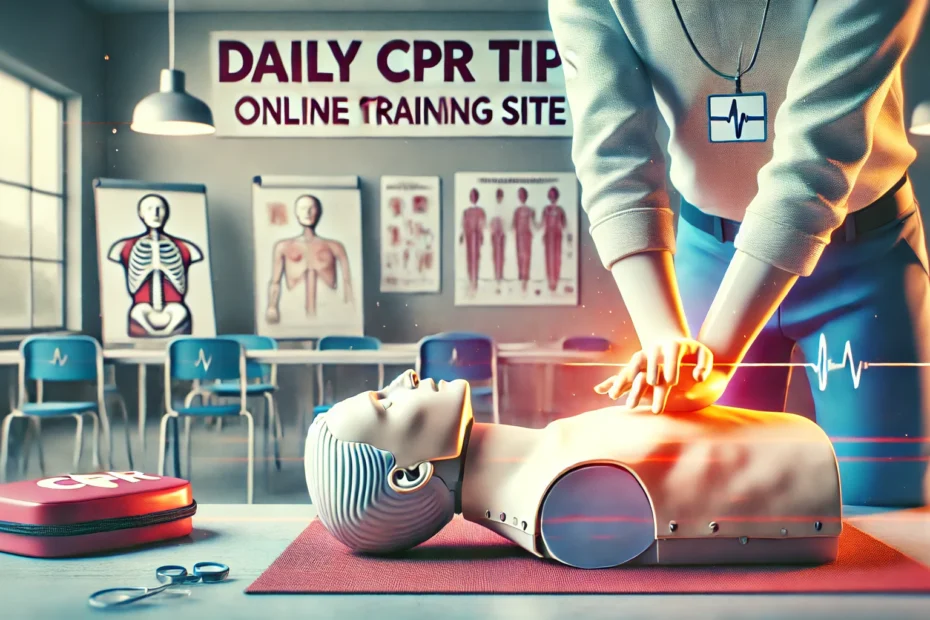Basic Life Support (BLS) training is an essential requirement for healthcare professionals across the globe. Comprising vital techniques and procedures, this training provides healthcare workers with the skills needed to handle life-threatening situations and medical emergencies efficiently.
The healthcare sector recognizes BLS training as the cornerstone in treating patients who require immediate attention due to cardiac arrest, respiratory failure, or choking incidents. These are circumstances where every second count, and a well-trained health professional possessing BLS certification can mean the difference between life and death.
Modules within Basic Life Support Training
BLS training equips healthcare professionals with comprehensive knowledge about key response techniques, including cardiopulmonary resuscitation (CPR), use of automated external defibrillators (AEDs), and the relief of choking.
CPR is a BLS procedure performed during heart failure or irregular heartbeats. It involves chest compression and artificial ventilation to restore blood circulation and oxygenation. Healthcare professionals trained in BLS are adept at performing CPR safely and effectively.
Automated External Defibrillators (AEDs) deliver a shock to restart a person’s heart during cardiac arrest. Recognizing when to use an AED forms an integral part of BLS training.
For choking victims, relief is provided through back blows or abdominal thrusts, commonly called the Heimlich maneuver. BLS training teaches when and how to perform this procedure in various scenarios.
The Importance of BLS Training
Becoming proficient in these life-saving techniques requires regular practice alongside specialized instruction under certified trainers. It’s more than just following protocols; it’s about making quick decisions under pressure, understanding patient needs, and demonstrating compassionate care while saving lives.
In conclusion, Basic Life Support Training plays a critical role in shaping competent healthcare professionals capable of delivering immediate care during emergencies. Whether it’s doctors, nurses or paramedic staff, BLS training is absolutely vital in equipping them with the necessary skills to handle critical situations and save lives.
